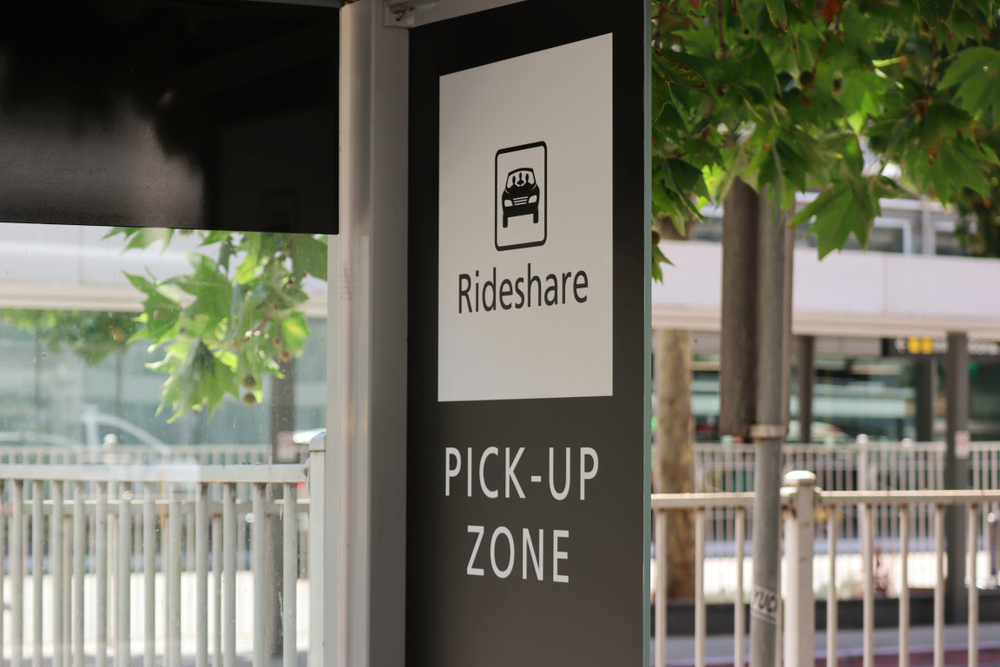In one of the latest lawsuits brought against Lyft over claims of rideshare assault, a Florida woman alleges that she was repeatedly raped by a Lyft driver, resulting in the birth of her child. While rideshare services like Lyft have revolutionized transportation, providing convenient and affordable options for commuters and travelers, there has been an alarming rise in rideshare assaults in recent years. This latest complaint, brought by plaintiff Tabatha Means, sheds light on the urgent need for improved safety measures and accountability within the rideshare industry.
Allegations Raised in Rideshare Assault Lawsuit
Tabatha Means, a resident of Leesburg, Florida, shared her harrowing experience in a federal negligence lawsuit filed in the U.S. District Court for the Northern District of California on January 10, 2024. According to Means, the sexual assault incident took place in April 2019, when she requested a Lyft ride back to where she was staying after a night out. She states in her complaint that the driver began inappropriately touching her during the ride and then, once she arrived at her desination, followed her inside and assaulted her repeatedly.
Means later discovered that she was pregnant with the perpetrator’s child. Despite the immense challenges she faced, she decided to keep the baby. The pregnancy was fraught with complications, and she gave birth prematurely at just 33 weeks. Her son spent nearly a month in the neonatal intensive care ward.
Holding Lyft, Other Rideshare Companies Accountable
In her rideshare assault lawsuit, Means accuses Lyft of negligence and failing to protect her from the violent predator who was her driver. She argues that the company disregards reasonable safety procedures and conducts inadequate background checks on its drivers. Her lawsuit seeks economic, noneconomic, and punitive damages for negligent hiring, retention, and supervision, common-carrier negligence, intentional misrepresentation, negligent infliction of emotional distress, and breach of contract.
Lyft responded to the rideshare assault lawsuit, asserting that safety is fundamental to its operations and that the behavior described has no place in society. The company emphasized its commitment to passenger safety, citing its dedicated safety response team, partnership with ADT for emergencies, and collaboration with national organizations to inform safety policies. According to Lyft, the alleged incident did not occur on the Lyft platform while using the Lyft app. They claim that the incident involved a separate trip arranged between the individuals involved.
However, Means’ attorney firmly maintains that the incident did occur during a Lyft ride booked through the Lyft app. The conflicting narratives between Lyft and the survivor’s legal team highlight the need for a thorough investigation and the importance of holding rideshare companies accountable for the safety of their passengers.
Rideshare Assaults and Company Responsibility
Sadly, Means’ case is not an isolated incident. Rideshare assaults have become a disturbingly prevalent issue across the United States. Passengers who rely on rideshare services are vulnerable to potential harm due to the lack of stringent safety measures and inadequate driver screening processes. Several rideshare companies have faced legal action and public scrutiny for their alleged failure to protect passengers from assault.
Lyft’s main competitor, Uber, has also faced numerous lawsuits and public backlash over similar allegations. These incidents have drawn attention to the urgent need for rideshare companies to prioritize passenger safety and take proactive measures to prevent assaults. The convenience and accessibility of rideshare services should not come at the expense of passenger security.
Impact on Survivors of Rideshare Assault
Rideshare assaults can have devastating effects on survivors, both physically and emotionally. Victims of rideshare assaults have reported suffering from severe depression, anxiety, nightmares, and persistent fear following these traumatic experiences. The aftermath of a rideshare assault can leave survivors with long-lasting psychological scars, affecting their overall quality of life and their ability to trust others.
Additionally, survivors face significant challenges when seeking justice. Many victims, like Means, initially choose not to report the assault out of fear, self-blame, or lack of faith in the legal system. The burden of proof can be overwhelming, especially when physical evidence is lacking. These obstacles further highlight the need for rideshare companies to take proactive measures to prevent assaults and protect their passengers.
Ensuring Passenger Safety Across Rideshare Platforms
Tabatha Means’ lawsuit against Lyft serves as a stark reminder of the pervasive issue of rideshare assaults in the U.S. It is essential for rideshare companies to prioritize passenger safety by implementing comprehensive safety measures, conducting thorough background checks, and providing ongoing driver education. By taking these steps, the rideshare industry can ensure that passengers feel secure and protected during their rides.
Lyft Assault Lawsuit Information
Lyft Hit With 13 New Sexual Assault Lawsuits, Forbes




